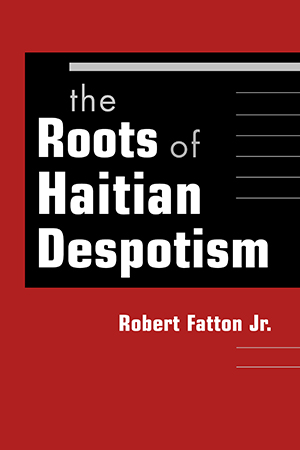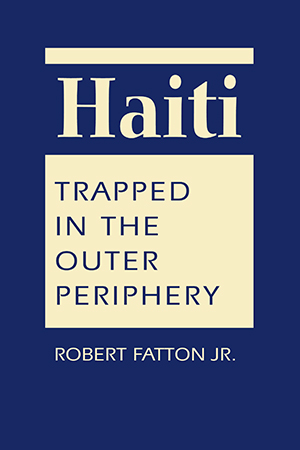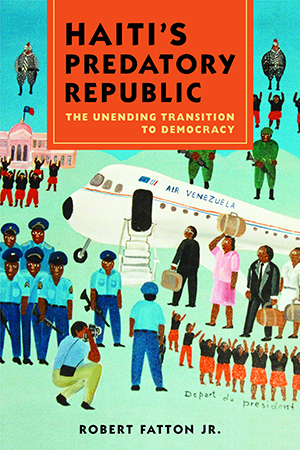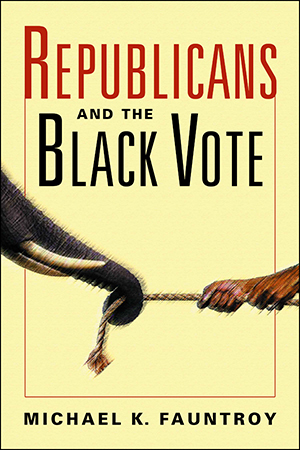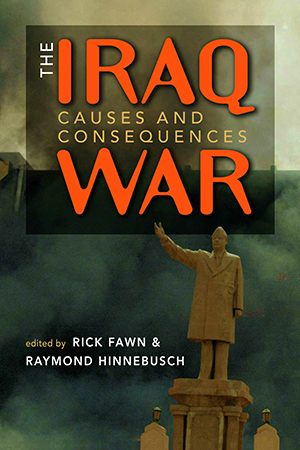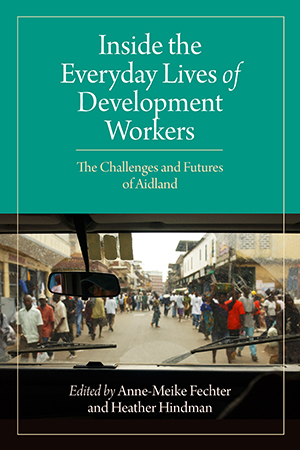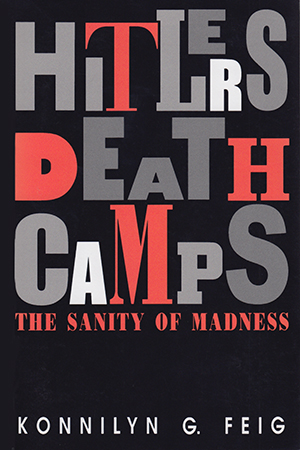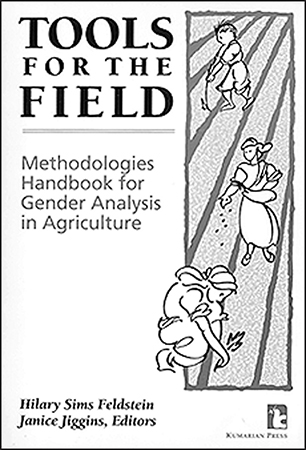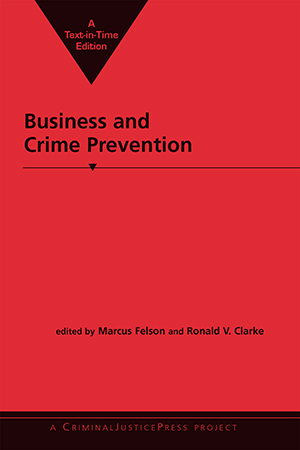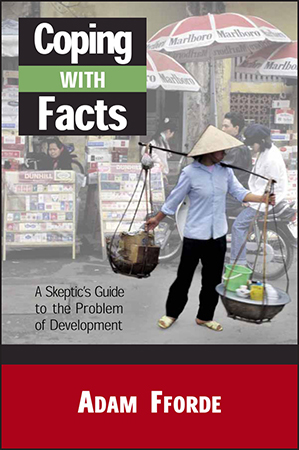BOOKS
Though founded in the wake of a revolution that embodied its slave population's quest for freedom and equality, Haiti has endured a history marked by an unending pattern of repressive More >
The inability of the Haitian state to deal with the devastation of the January 2010 earthquake brought into sharp focus Haiti’s desperate social and economic conditions—and More >
The collapse of the Duvalier dictatorship in 1986 gave rise to optimism among Haitians in all walks of life—to hopes for a democratic journey leading to economic development, political More >
The Republican Party once enjoyed nearly unanimous support among African American voters; today, it can hardly maintain a foothold in the black community. Exploring how and why this shift More >
While the war in Afghanistan saw most industrial countries back the US-led campaign, the subsequent war in Iraq profoundly divided international opinion—and likely represents a More >
Rarely is the lens of aid policy turned on the lives of aid workers themselves. Yet, the seemingly impersonal network of agencies and donors that formulate and implement policy are composed More >
"Why does a Gentile with a strong Lutheran background put her mind and heart into the Holocaust for twenty long years?... Unless I confront, I betray those who suffered so More >
Ranging from agricultural production to postharvest activities, thirty-nine case studies from Africa, Asia, and Latin America provide a practical set of tools for anyone interested in gender More >
Scholars and business analysts explore how criminological knowledge can help prevent crimes by and against businesses. Topics include: the impact of crime on business; preventing retail More >
Students and practitioners confronting the mass of competing assertions in the development literature—replete with contradictory "truths"—may well become frustrated. More >



